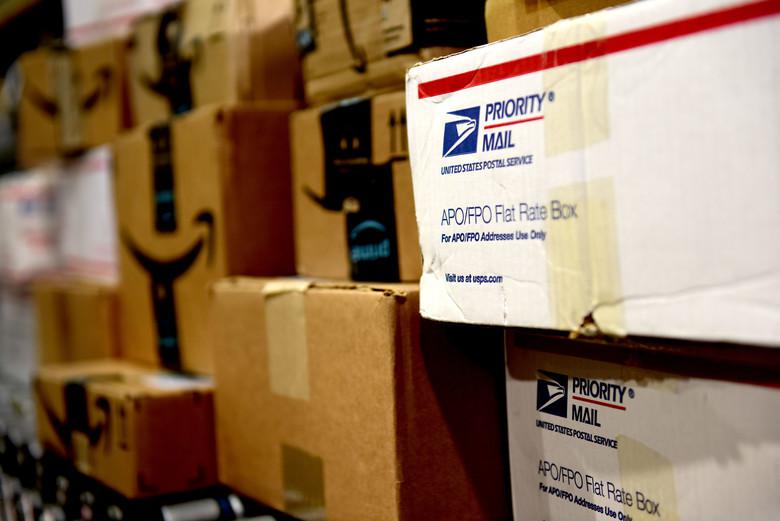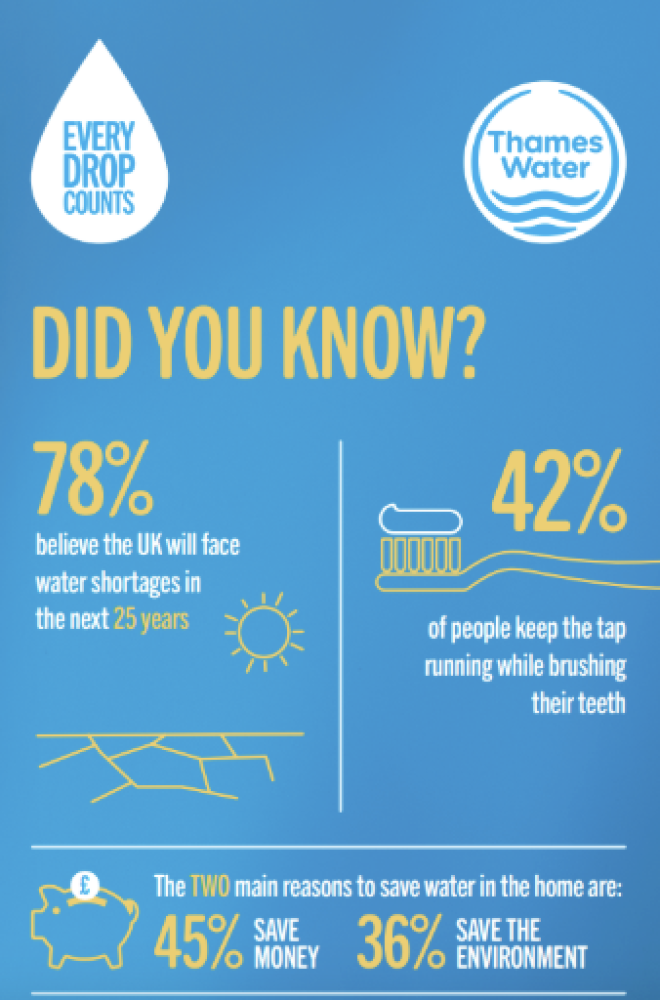Businesses around the world have been feeling the major impact of the Coronavirus outbreak.
Over the last few weeks, we have seen big shifts in stock markets, many people being made redundant or furloughed, the turn to technology in order to work from home, a surge in the use of video calls and a huge rise in the number of items being ordered online. But how are businesses such as parcel delivery companies adapting to pandemic?
Parcel delivery
It is evident that many delivery companies and couriers are doing everything they can to minimise the risk presented by the spread of COVID-19. Companies such as Parcel2Go are operating as usual, but ensuring that the health of their staff, couriers and customers are their first priority. Parcels are being left in safe places so that couriers can avoid contact with any customers, and instead of asking for signatures, customers are simply confirming their names verbally.
The risk of catching COVID-19 from a package
While the World Health Organisation has stated that the risk of catching the virus from a package that has been moved, travelled, and exposed to different conditions and temperatures is low, it’s important for individuals to take necessary precautions when they receive a delivery.
Before opening a parcel, individuals can use an alcohol-based wipe to disinfect it. After the packaging has been removed, boxes can be discarded, and hands must be washed thoroughly with soap and water or hand sanitiser.
Reduction in services
Naturally, in order to prevent the spread of Coronavirus, many businesses have had to reduce their services during this time. A number of postal services have had to make restrictions and suspensions to their delivery and pickup services. This, of course, has had a huge impact on online retailers, who are now facing huge delays in getting parcels to their customers.
At the beginning April alone, the beauty sector saw nearly a 140% rise in sales. This was closely followed by a 90% increase in the electrical sector, and a 70% rise in home and garden items. These figures are in comparison to the same time last year. Despite the huge spike in sales, eCommerce sites and online retailers may not be able to get their products sent out for some time.
While the likes of Amazon normally delivers everything from books to bouncy castles, they are now temporarily prioritising household staples only, and have decided to stop accepting any items that aren’t essential at its warehouses. While this affects many vendors and third-party sellers, it’s not only vital that individuals can get their hands on essential items as soon as possible, but also that delivery companies can do this as safely as possible.









